Audi’s joint project MaterialLoop uses recycled car parts from old cars to make parts for the production A4.
The brand said it is building know-how to close the loop on joint materials such as steel, plastic and glass
The brand also claims it is already using recycled used auto glass in the production of the Q4 e-tron.
Through PlasticLoop, Audi has also used recycled automotive plastic waste for the series production of the Audi Q8 e-tron.
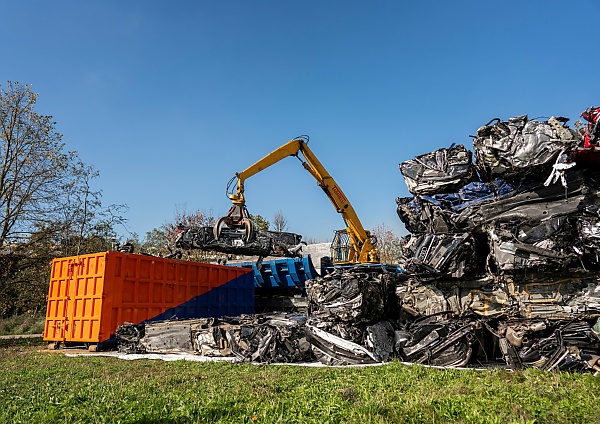
German luxury carmaker Audi AG said it has gained valuable insights from its set MaterialLoop project that reuses post-consumer materials taken from vehicles at the end of their useful life for the production of new cars.
The MaterialLoop is a joint project between the brand with the four rings and 15 partners from the research, recycling and supplier sectors that aims to use re-use materials taken from customers’ vehicles at the end of their life cycle.
As part of the joint MaterialLoop project, 100 vehicles, including but not limited to old development cars, were dismantled in October 2022 to recover specific components such as larger plastic parts for recycling.
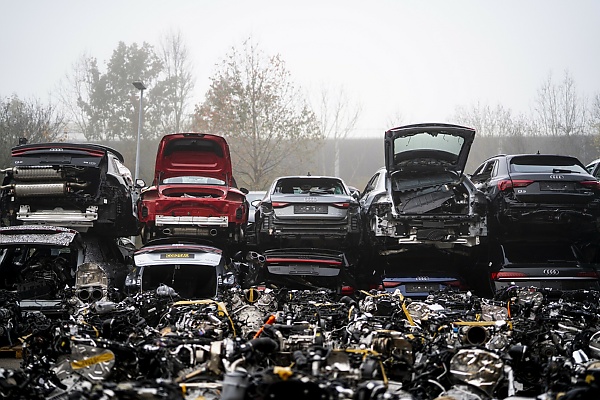
After dismantling, the remaining bodies were shredded and sorted into material groups of steel, aluminium, plastic and glass, with the aim of testing their reuse in the production of new cars.
“The MaterialLoop project underlines our ambitious vision to operate a highly efficient circular economy concept for end-of-life vehicles,” says Audi CEO Markus Duesmann.
“Our goal is to recover as many materials as possible with a high level of quality and reuse them in production. This will save valuable raw materials and reduce the products’ ecological footprint. At the same time, direct access to secondary materials can contribute to increased security of supply. Raw materials would no longer need to be extracted.”
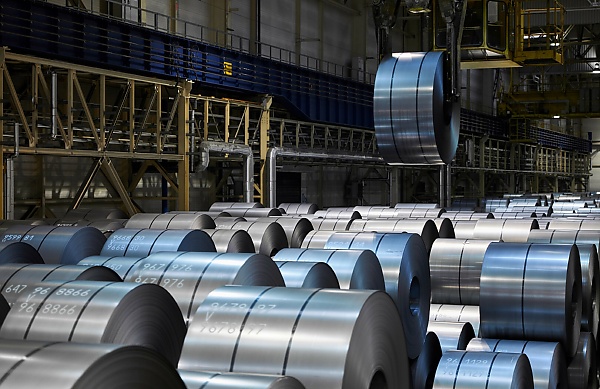
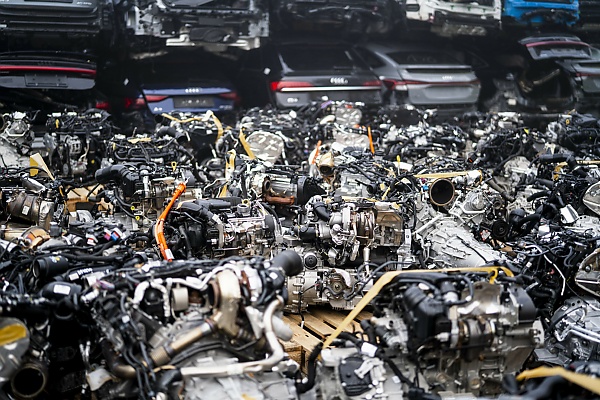
Audi notes that it has already been able to put the valuable discoveries of the MaterialLoop pilot project into practice, with some materials, including recycled steel, now being returned to car production and used in up to 15,000 parts of the interior door of the Audi A4.
“Our emphasis on cycles within the industry allows us to use our products and the materials they are made from for as long as possible. Our vision is to rely less on secondary materials from other industries in the future,” explains Johanna Klewitz, Audi’s head of supply chain sustainability.
“In addition to the technical feasibility of returning materials to Audi’s supply chain, improving the recyclability of Audi vehicles of future generations is also in focus.”
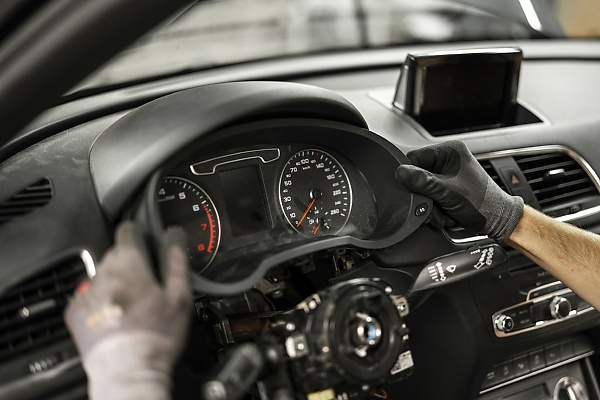
Audi circular economy expert Dennis Meinen:
“At its core, the circular economy is about managing resources responsibly. So the longevity, repairability and indeed recyclability of our products is therefore the focus.”
Audi also revealed another pilot project starting in 2022, involving the recycling of used auto glass that the brand with the four rings claims it is already using in the production of the Q4 e-tron.
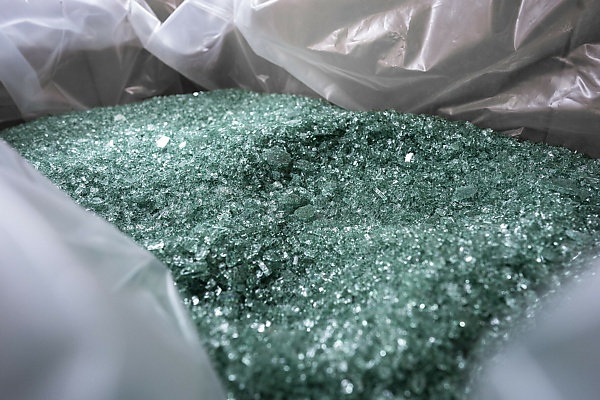
According to Audi, the new glass is first made by breaking unrepairable car glass into small pieces. The resulting glass granulate is melted down and made into new glass for the automotive industry.
In addition, Audi is also heavily involved in plastics recycling through PlasticLoop, one of three plastic recycling projects the brand manages with plastics manufacturer LyondellBasell.
Through PlasticLoop, Audi and LyondellBasell have established a process that uses chemical recycling to reuse mixed automotive plastic waste for the series production of the Audi Q8 e-tron.


